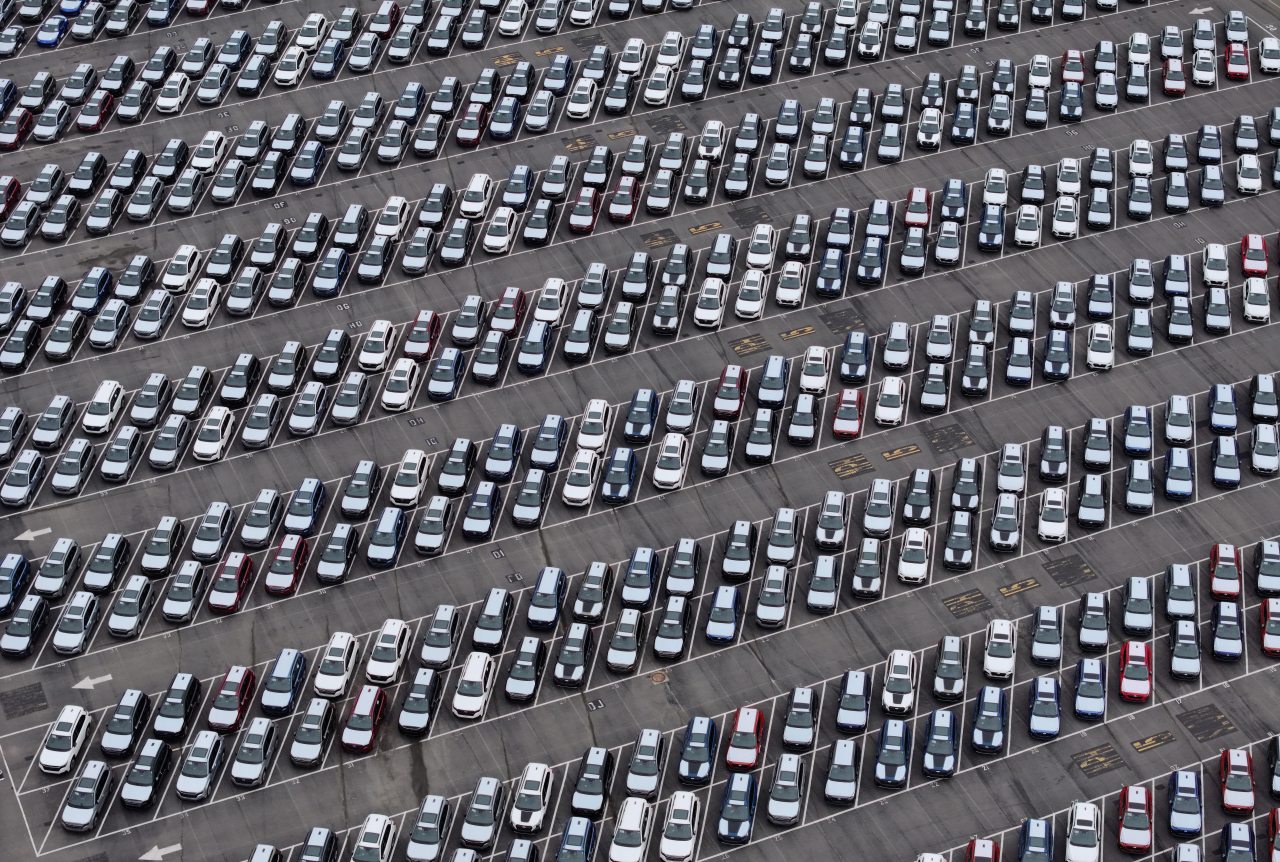
Prime Minister Justin Trudeau announced on Thursday that Canada will impose a 25% tariff on American-made cars that do not adhere to the new U.S.-Mexico-Canada trade agreement, matching President Trump’s automotive tariffs.
He mentioned that the retaliatory tariff would target only completed vehicles and wouldn't impact Mexican-made vehicle components. The exact number of cars impacted was not immediately known, however Carney stated this duty had the potential to generate as much as 8 billion Canadian dollars, equating to approximately $5.62 billion. This money would then be allocated toward supporting those adversely affected by the Trump-era tariffs.
Cars coming from Mexico will remain unaffected, and Carney stated that Ottawa does not intend to impose tariffs on auto parts due to their significance within the interconnected supply chain.
The recent duty on completed automobiles marks Canada's most recent countermeasure against the U.S., following President Trump's imposition of duties on certain Canadian exports such as steel, aluminum, and products not exempted under the updated USMCA agreement. Since late November, Trump had threatened multiple times to impose a 25% tax on all non-energy-related imports entering Canada—but this threat did not materialize in his announced tariff strategy released Wednesday, providing some degree of comfort for government officials.
So far, Canada has levied 25% tariffs on more than $40 billion worth of U.S.-produced goods coming into the country, and Carney stated that these taxes will stay unchanged.
Trump’s decision to slap 25% tariffs on all foreign-made vehicles had immediate ramifications for the Canadian economy, as Jeep parent Stellantis temporarily halted production at its auto assembly factory in Windsor, Ontario, affecting over 3,000 employees. “My government stands in solidarity with those workers in Windsor and all those workers hurt by President Trump’s tariffs,” Carney said at a press conference.
Aiming at American-made cars aligns with Carney’s statements earlier this week indicating his intention to adopt a "calculated" strategy to counteract President Trump’s new tariff policies. During ex-Prime Minister Justin Trudeau’s tenure, the administration declared itself ready to impose substantial duties on more than $100 billion worth of goods imported from the United States.
Carney mentioned that his conversation with Trump last week might have contributed to Canada avoiding extra tariffs beyond those initially declared before the Liberation Day announcement. According to Carney, "Canada secured the most favorable agreement among several difficult ones—which were disadvantageous in numerous ways—but this represents advancement." He contended that this leniency shows recognition from the Trump administration about the strong economic relationship between Washington and Ottawa.
Send your message to Vipal Monga at vipal.monga@wsj.com and Paul Vieira at Paul.Vieira@wsj.com
